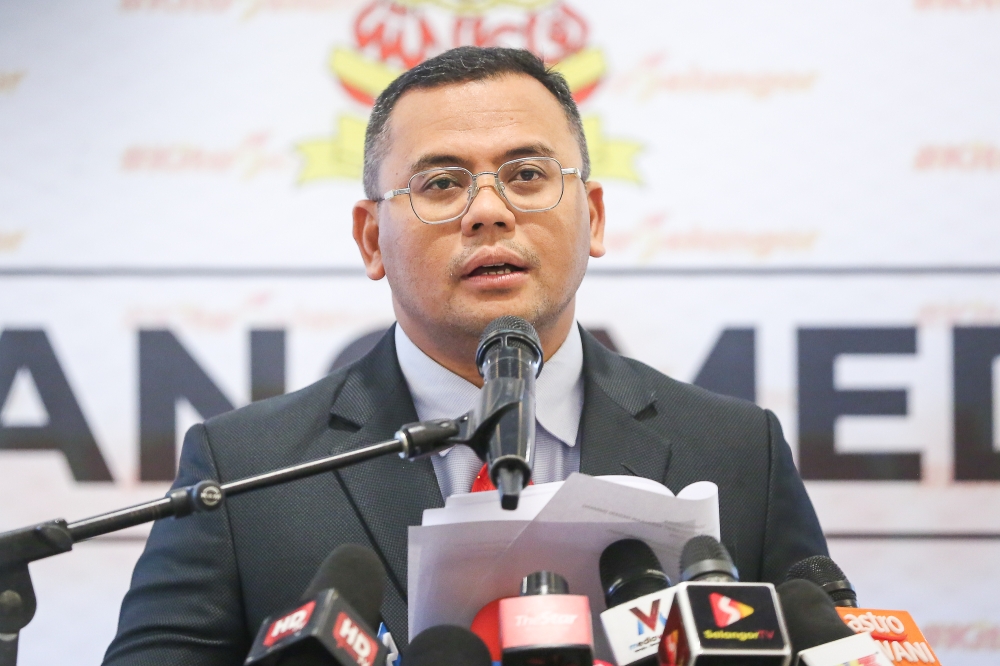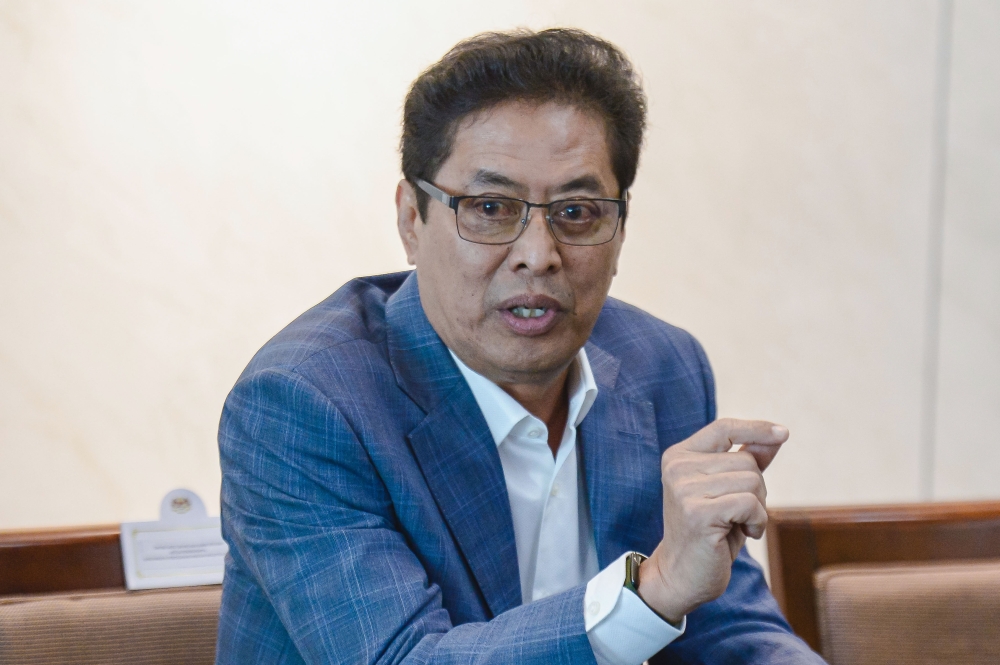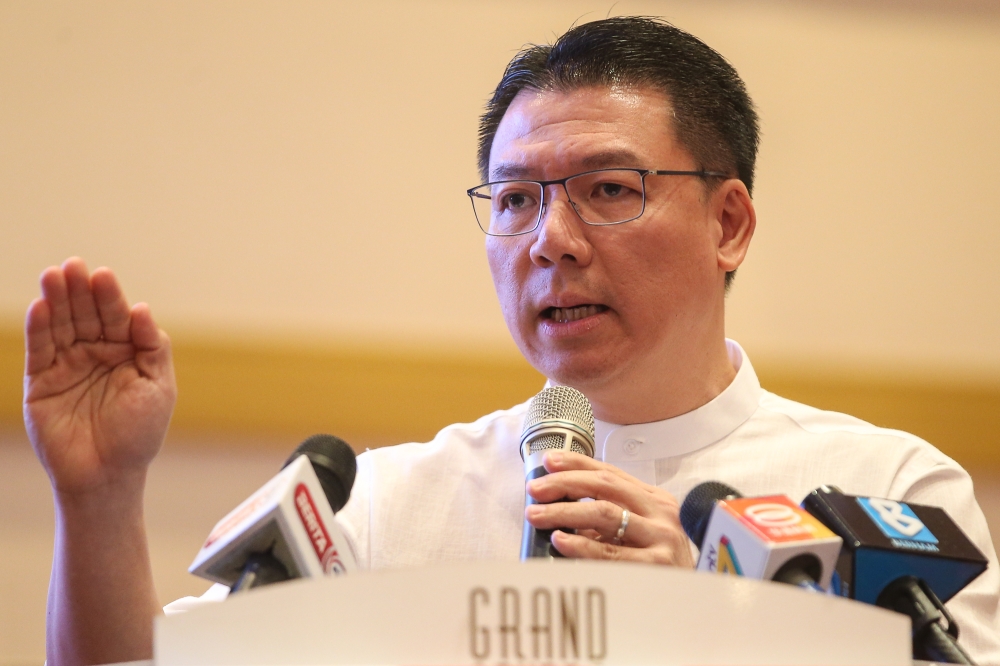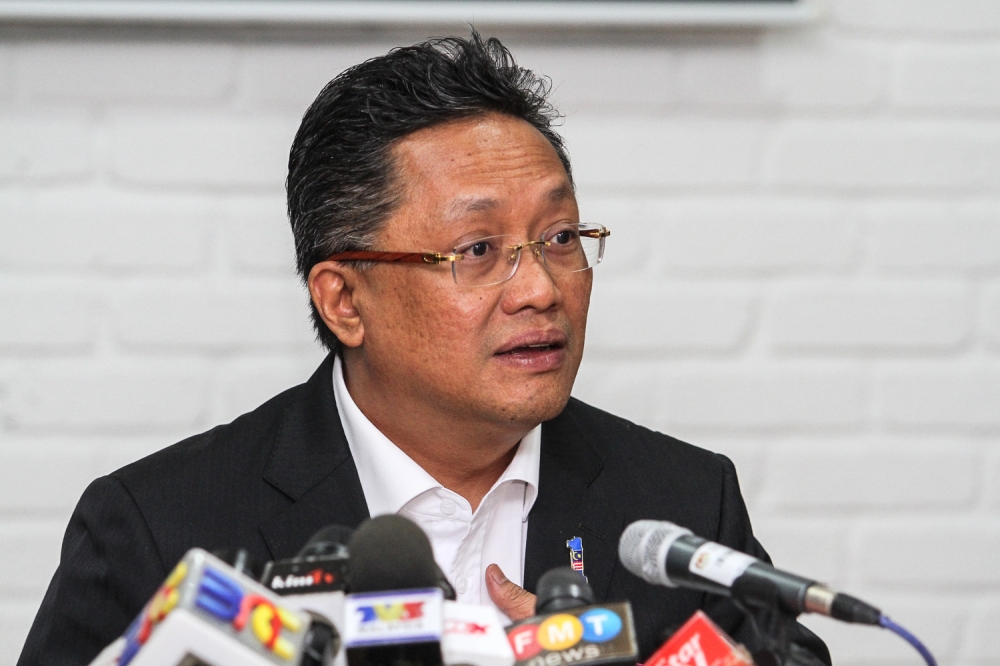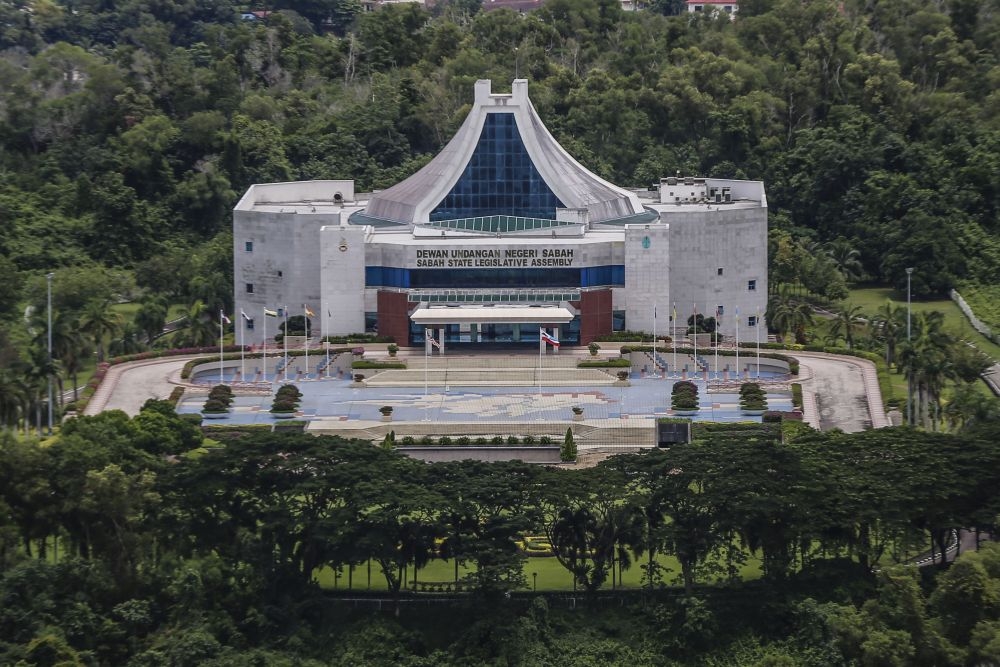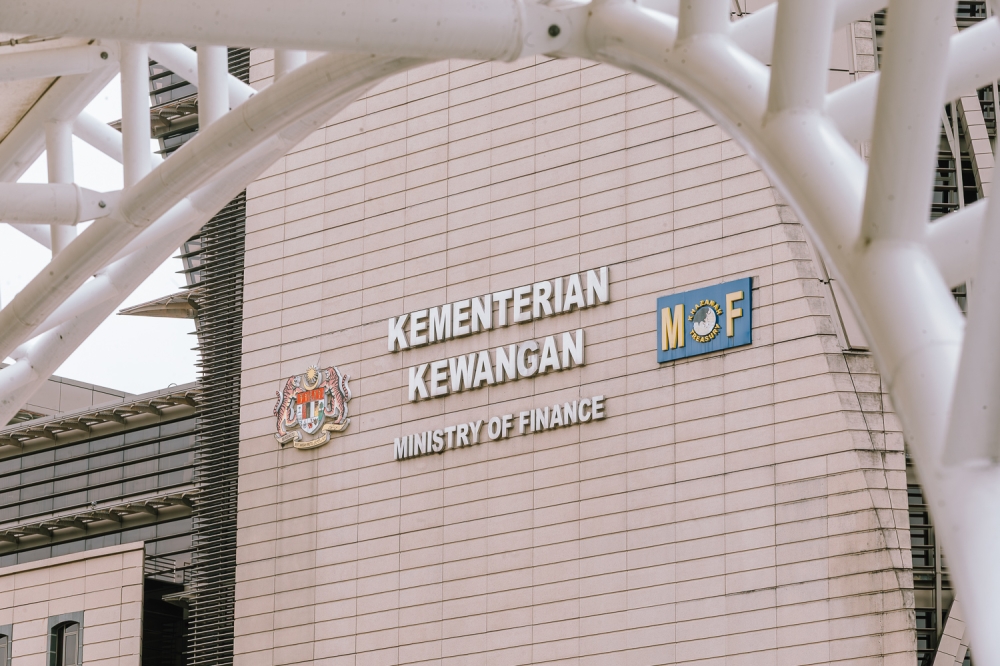KOTA KINABALU, Dec 2 — Umno Sabah deputy chief Datuk Seri Abdul Rahman Dahlan urged the federal government to bring back government-run English medium schools in Sabah.
Abdul Rahman said that he supports the usage of English as an alternative language of communication for official matters in Sabah.
“This is clearly provided for in the Sabah constitution and must be upheld by the federal government. While I fully recognise that Bahasa Melayu is the nation’s official language and it is intended, among others, to unite the nation, we must not be blind to the fact that proficiency in English will give Malaysia an added advantage in this fiercely competitive world,” he said in a posting on social media.
“In fact, in this regard, I would like to go an extra step. I also like to urge the federal government to bring back government-run English medium schools in Sabah. We can start with urban locations in Sabah and gradually expand it to cover the rest of Sabah,” he said.
Abdul Rahman added that government’s Bahasa Melayu medium schools should continue to exist and be improved but an earnest effort to create a few English medium school as alternative should also be undertaken.
He pointed out that the number of these schools can be smaller than Bahasa Melayu medium schools because what is important is that there is an alternative for parents who want their children to master English language.
“I am aware that there are efforts to strengthen English curriculum in the existing national schools but in my opinion, it won’t be as effective as having students exposed to a full-fledged English medium school environment,” he said.
According to him, bringing back government-run English medium schools in Sabah will give Sabahans the much needed advantage to compete with the rest of Malaysia and the world, as the language will give Sabahans the extra edge in communication on trade, tourism, education and international travels.
With strong English proficiency, a whole new world of knowledge will be accessible to Sabahans, he stressed, adding that they can explore the internet more aggressively and meaningfully, giving them access to the immense pool of information that the internet has to offer. They can read books and publications in English to enrich their minds.
The fact of the matter is, Sabahans sorely need this (proficiency in English), he lamented, adding, for far too long, one of the critical reasons why Sabahans are unable to compete with our fellow Malaysians from the peninsular is because of their weak grasp of English. They have been struggling to overcome this for decades.
“Ironically, this is not how it used to be in Sabah. In the 50s, 60s and 70s, Sabahans were quite proficient in English language as they learnt it from the British administrators and, subsequently after Merdeka, from the government-run English medium schools.
“You would be pleasantly surprised that even back then, ketua kampung or village heads were confidently able to string together simple English sentences in the course of executing their duties. It was normal to hear them saying greetings and pleasantries like “good morning”, “how are you today?”, “have you eaten?”, “what a nice weather we have today!” etc.
“I strongly feel that there is an urgent necessity to fill in the void as a result of federal government’s policy of switching medium of instruction in schools from English to Bahasa Melayu in Sabah in 1982,” said Abdul Rahman.
While acknowledging that the issue is sensitive to certain quarters in Peninsular Malaysia especially amongst the Bahasa Melayu champions, Abdul Rahman reminded them that this agenda has nothing to do with undermining or trying to challenge the position of Bahasa Melayu as the official language of the federation.
“This is about making Sabahans more competitive and about Sabah’s survival in the long run. I honestly believe that a robust agenda for English and a strong agenda for Bahasa Melayu can coexist in Malaysia’s public education sphere,” he said. — Borneo Post











